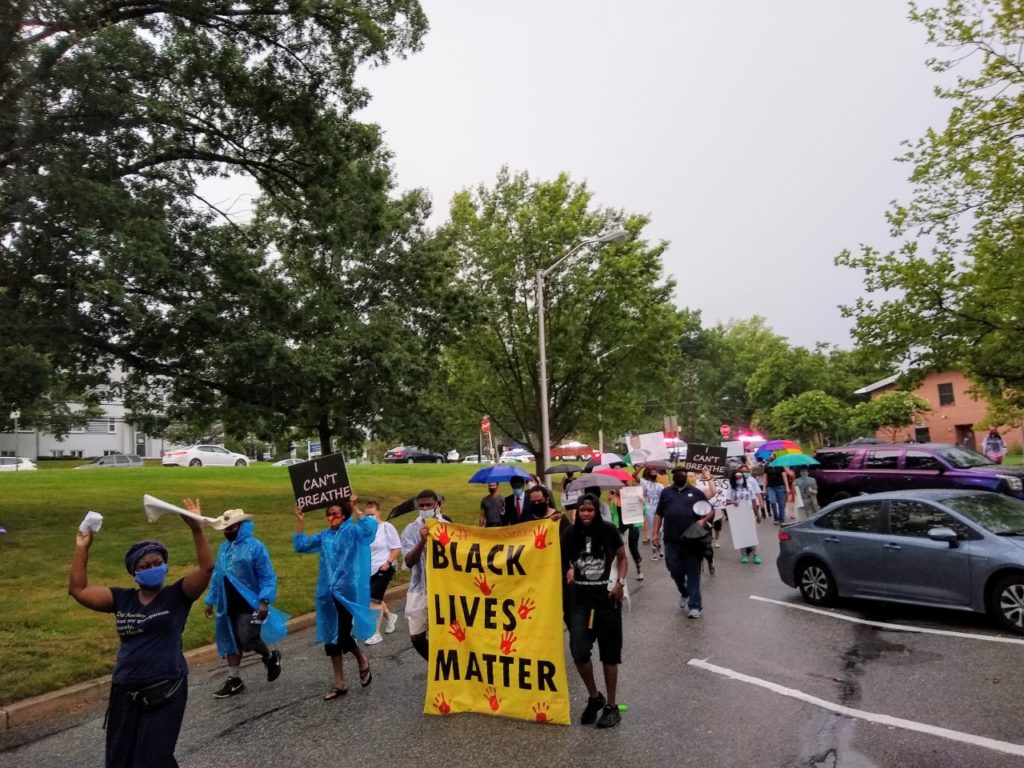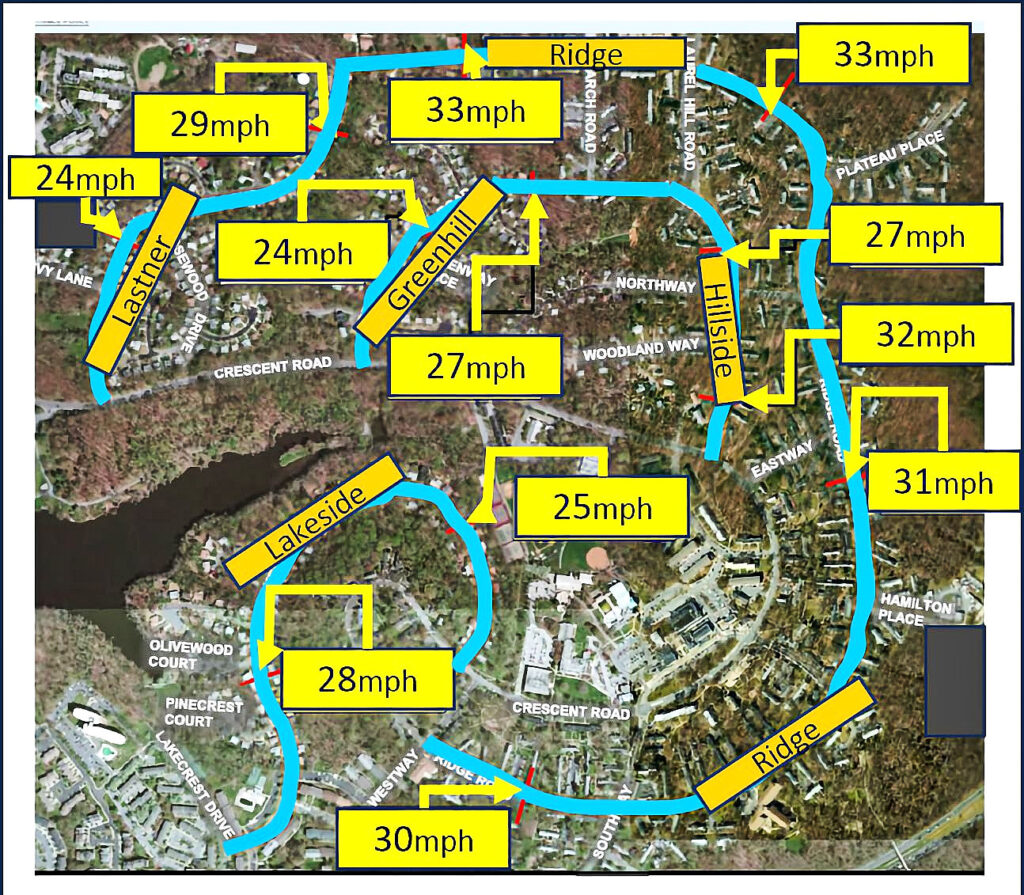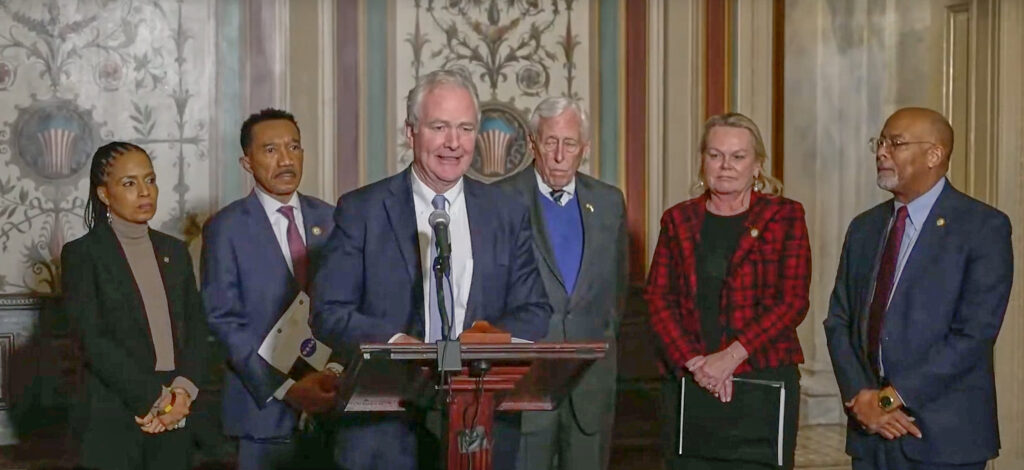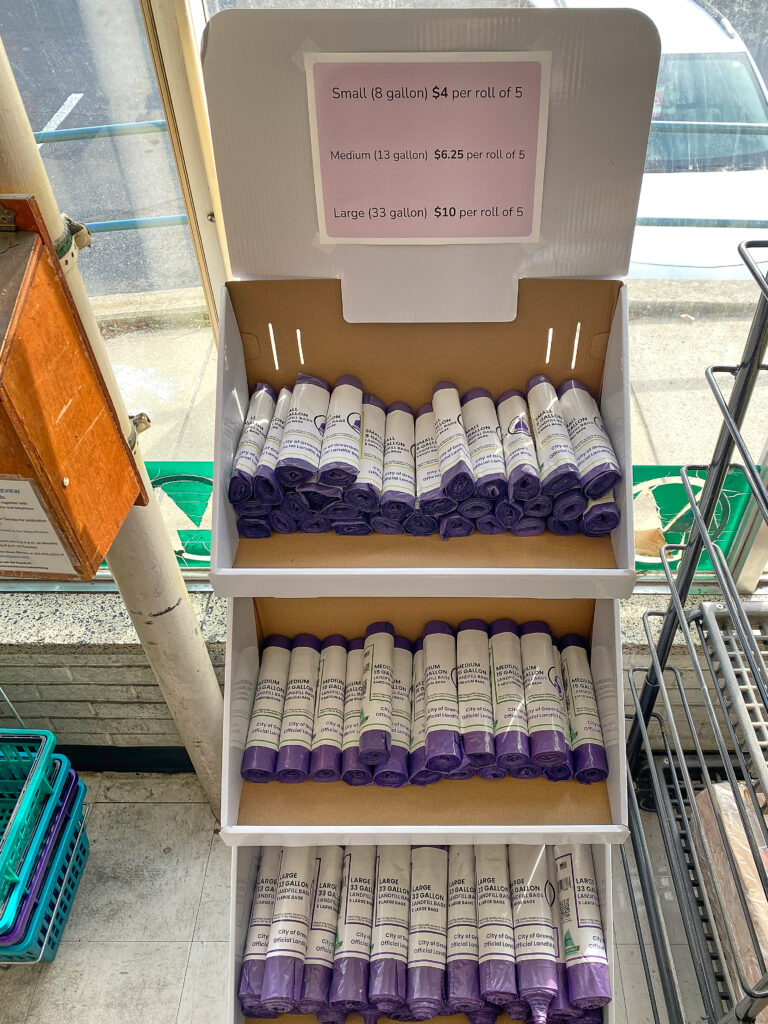Greenbelt residents organized rallies, demonstrations and vigils in response to the May 25 death of George Floyd in Minneapolis. In the immediate aftermath, Mayor Colin Byrd and Police Chief Richard Bowers both issued statements. Byrd encouraged Greenbelters to consider how policing might be reformed in Greenbelt, and Bowers asked residents to work to keep the relationship between police and the community from eroding. Both Byrd and Bowers set up virtual meetings.
Greenbelt residents held a number of events in Roosevelt Center, Franklin Park and other places as well as marches along Greenbelt Road and Southway. A regular candlelight vigil, held on Saturday nights from June through October, first at the corner of Hanover and Ora Glen then in Franklin Park, was organized by LaWann Stribling. The vigils were part of the national discussion of community policing and justice for people of color. Two bake sales were held to raise money for Black Lives Matter (BLM) advocacy groups.
In September, Greenbelt residents formed a group called Citizens for Public Safety to show support for the work of Greenbelt law enforcement. They conducted three demonstrations and found other ways, such as dropping off pizza at the police station, to show their support for Greenbelt’s law enforcement officials.
On September 26, Greenbelt BLM leadership hosted an event called Moechella 2020 in Franklin Park, which included a musical caravan, a concert and community discussion of BLM-related issues. The program featured more music along with local and area residents and leaders discussing four goals: promoting voter registration, reducing violence, building community solidarity and assisting rental families at risk of eviction from their homes. Approximately 350 people attended the event.
Daily demonstrations began in August outside the Municipal Building to educate Greenbelt about legislation participants believe will change the foundational laws that define and regulate policing and to make the public aware of existing laws that facilitate racist policies and practices.




